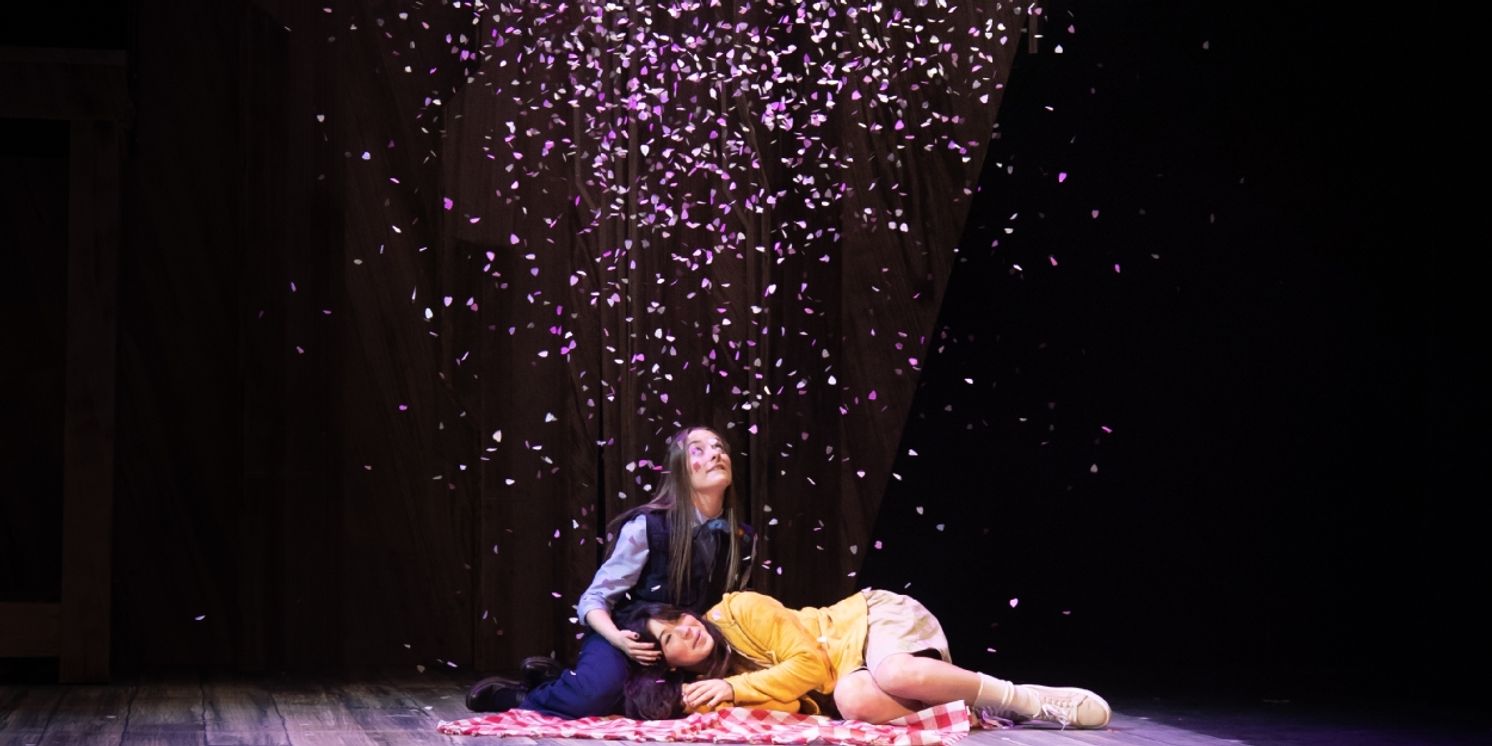Review: AFTER LIFE, New Athenaeum Theatre
Jack Thorne’s adaptation of Hirokazu Kore-eda’s film has an intriguing premise, but lacks edge.

Jack Thorne's adaptation of Hirokazu Kore-eda's award-winning 1998 film presents an interesting premise at the Royal Conservatoire this week. Set in a waystation between life and death, recently deceased souls face a challenging conundrum - which single memory will each select to relive for all eternity? The piece delves into the beauty and artificiality of recreating a memory, presenting a metaphysical exploration of how we view our own lives. It is a meditation of what it is to live - and die.
Two people steal the show. The first is Livie Dalee, who completely embodies the elderly Beatrice Killock through a powerful balance of light humour and heavy pathos. The second is lighting designer Eoin Beaton, who creates breathtaking visuals throughout the piece.
Honourable mentions include Kristian Lustre who plays an endearing Hirokazu exploring his relationship with his wife, while Aisha Lawal conveys powerful strength and vulnerability as the resistant Femi. Darragh Kemish also gives an effective performance as Two, a sassy employee in limbo between life and death, reconstructing memories for everybody but himself. Set designers Mairi Therese Cameron and Mia Doyle create mesmerizing images onstage, from a majestic flying plane to cherry blossoms drifting whimsically from the sky.
Unfortunately, once the premise is set the plot becomes static. The abundance of characters makes it challenging to form attachments, and the narrative is mostly predictable. I also would've appreciated an interval to mull over the piece a little bit more.
I'd still recommend it for strong acting and gorgeous design, but the story itself lacks depth.
After Life was at the New Athenaeum Theatre until 8 November.
Photo Credit: Royal Conservatoire of Scotland/Hope Holmes
Reader Reviews
Videos


